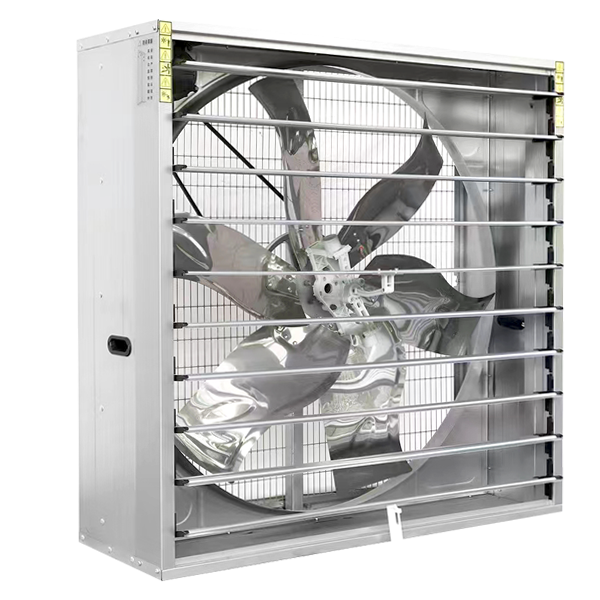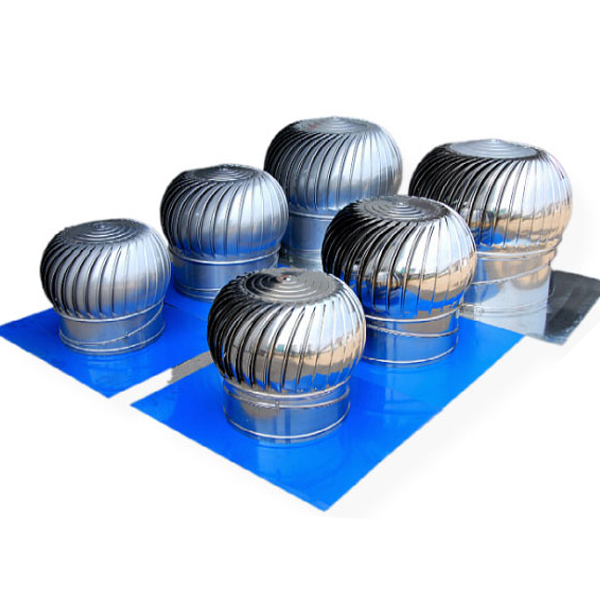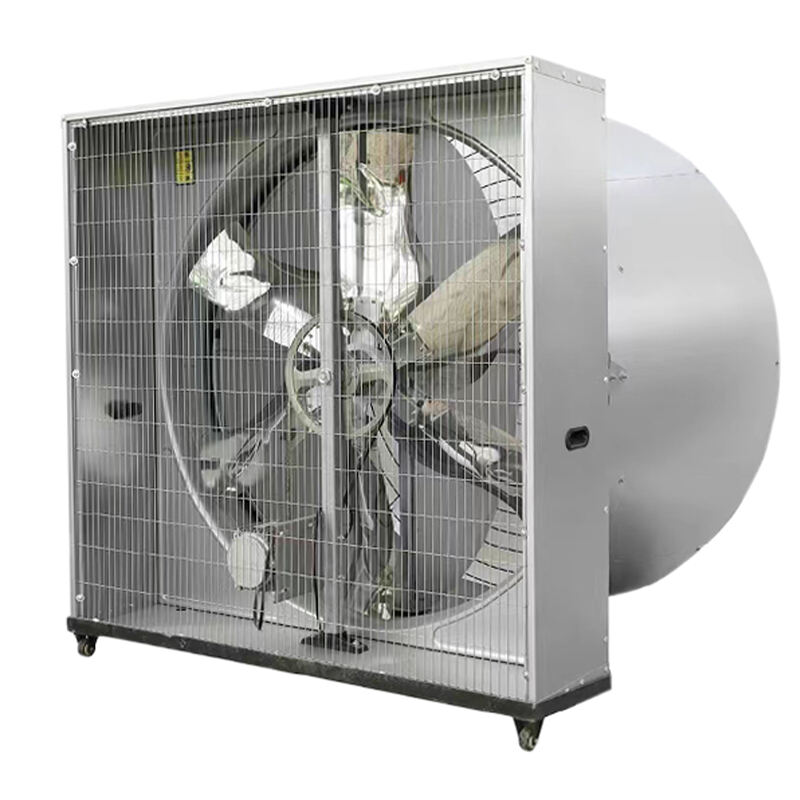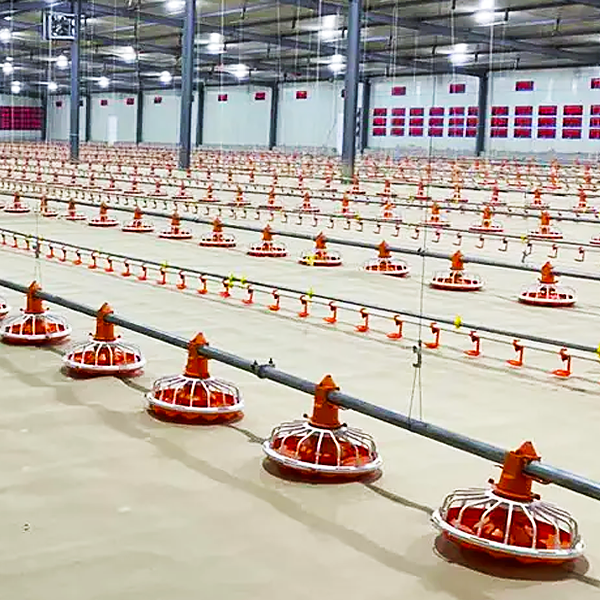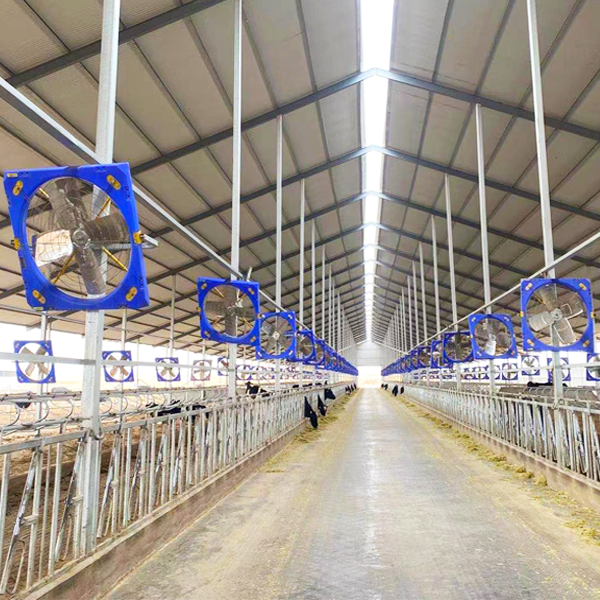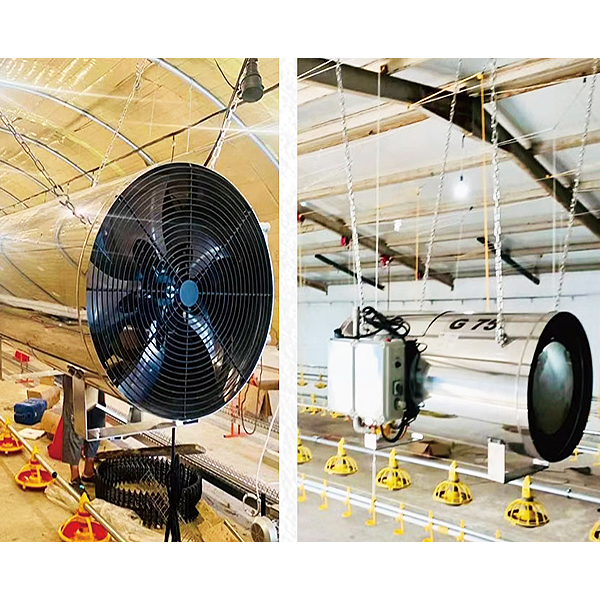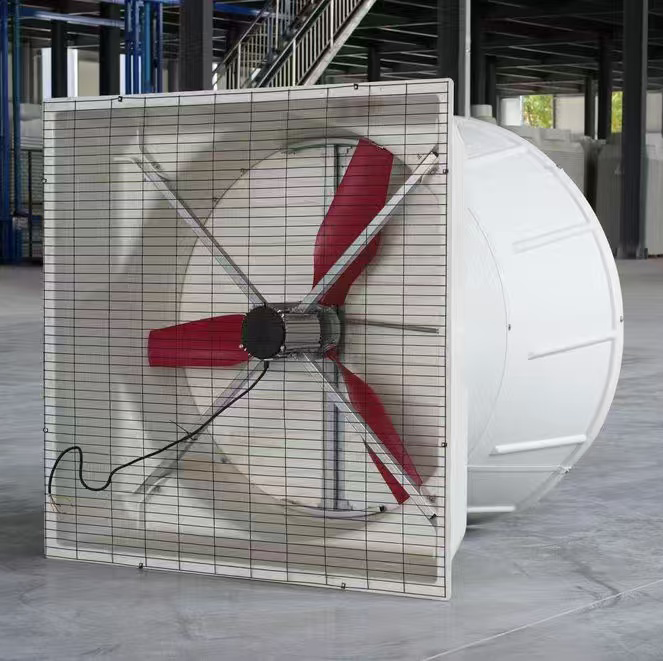poultry farming house
Learn the Rules: Before you want to get your chickens, it’s a good idea to check on what your city or town has to say about having chickens. Some places have specific rules related to how many chickens you can keep or how their homes should be structured. These rules won't know you; you must know them to earn these rules. Then plan where you will place your backyard chickens. A good spot will be a secure place with adequate space for them to get around.
Build a Coop — A chicken coop is actually a small house for your chickens. Very important, because that protects them from animals that might want to eat them, raccoons or foxes, for example. Your coop must be sturdy and well-built, with ventilation so your hens can have fresh air. It is also important that the coop have a comfortable place for your chickens to sleep at night, called a roost.
Innovative Technology Transforming Poultry Farming
Feed & Water — Chickens require access to clean, fresh water at all times, just like we do! And they need good food to grow strong and healthy. Ensure their diet consists of balanced proteins, vitamins, and minerals. You may purchase specially formulated chicken feed that contains all of these essential nutrients, or you can combine it with grains and kitchen leftovers safe for chickens.
Checking Their Health: It is very important to regularly check on your chickens to ensure they are healthy. Watch what they eat and drink, their weight and their behavior. Well-fed and insulated chickens are usually happy and active! Maintain a clean coop by regularly cleaning out old food and bedding, as a clean living environment helps prevent illness.
-
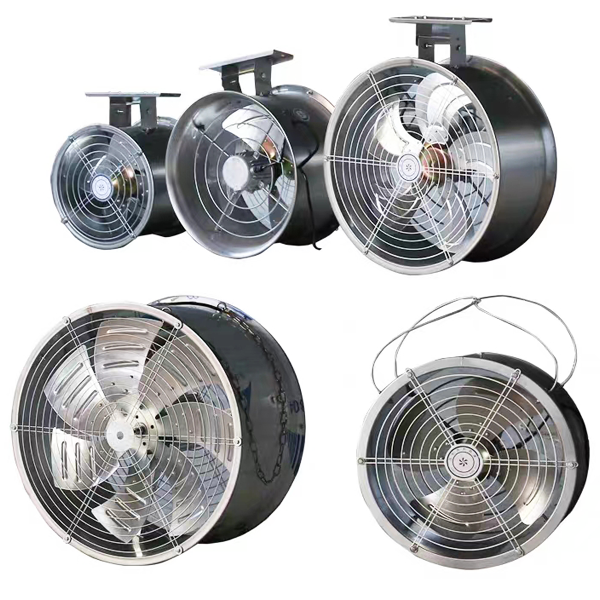
Maximizing Efficiency in a Modern Poultry Farming System
Automatic feeders and waterers: There are specific machines to give food and water automatically to the chickens. This means that farmers are not forced to do this by hand, which saves them loads of time and effort. So this is the technology that is keeping us sure that the chickens have everything they need without too much hard work.
-
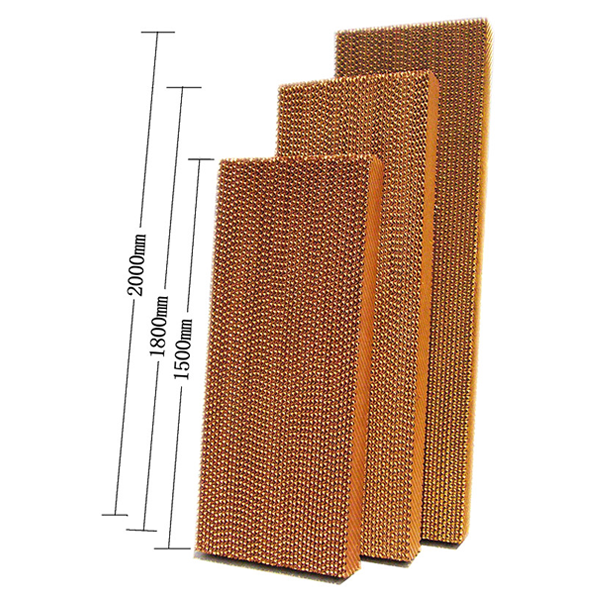
Sustainable Practices for Ethical Poultry Farming
Smart Farming Apps: There are apps that make it easy for farmers to access it on their smartphones or tablets. The apps enable farmers to better track the health and development of their chickens and run their farms more effectively. Using these tools, farmers can make informed decisions about feeding, care and general management of their chicken flocks.
-
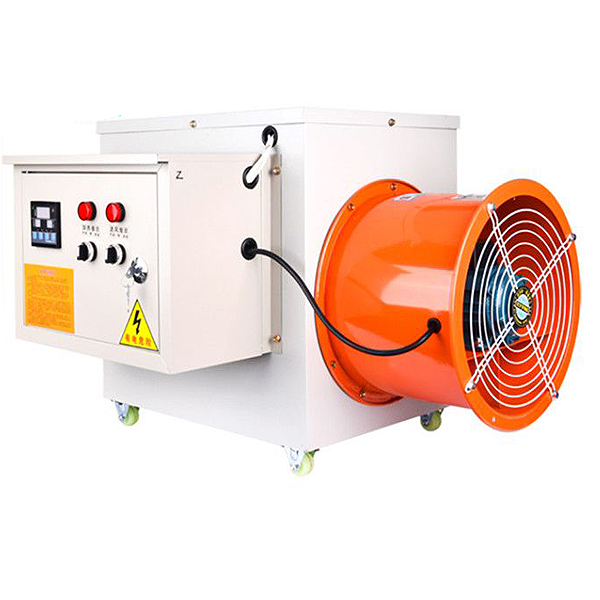
The Benefits of Free-Range Poultry Farming for Your Health and the Environmen
Use Less Energy — Farmers can avoid using energy, being careful about what consumes energy. For instance, replacing incandescent bulbs with LEDs saves a lot of power. They may also think about hooking up solar panels to have their own energy supply or put in energy-saving heating and cooling systems to keep the coop for the chickens comfortable without wasting a lot of energy.
Related product categories
Not finding what you're looking for?
Contact our consultants for more available products.
Request A Quote Now
Get in touch


Copyright © Qingzhou Boost Temperature Control Equipment Co., Ltd. All Rights Reserved - Privacy Policy
